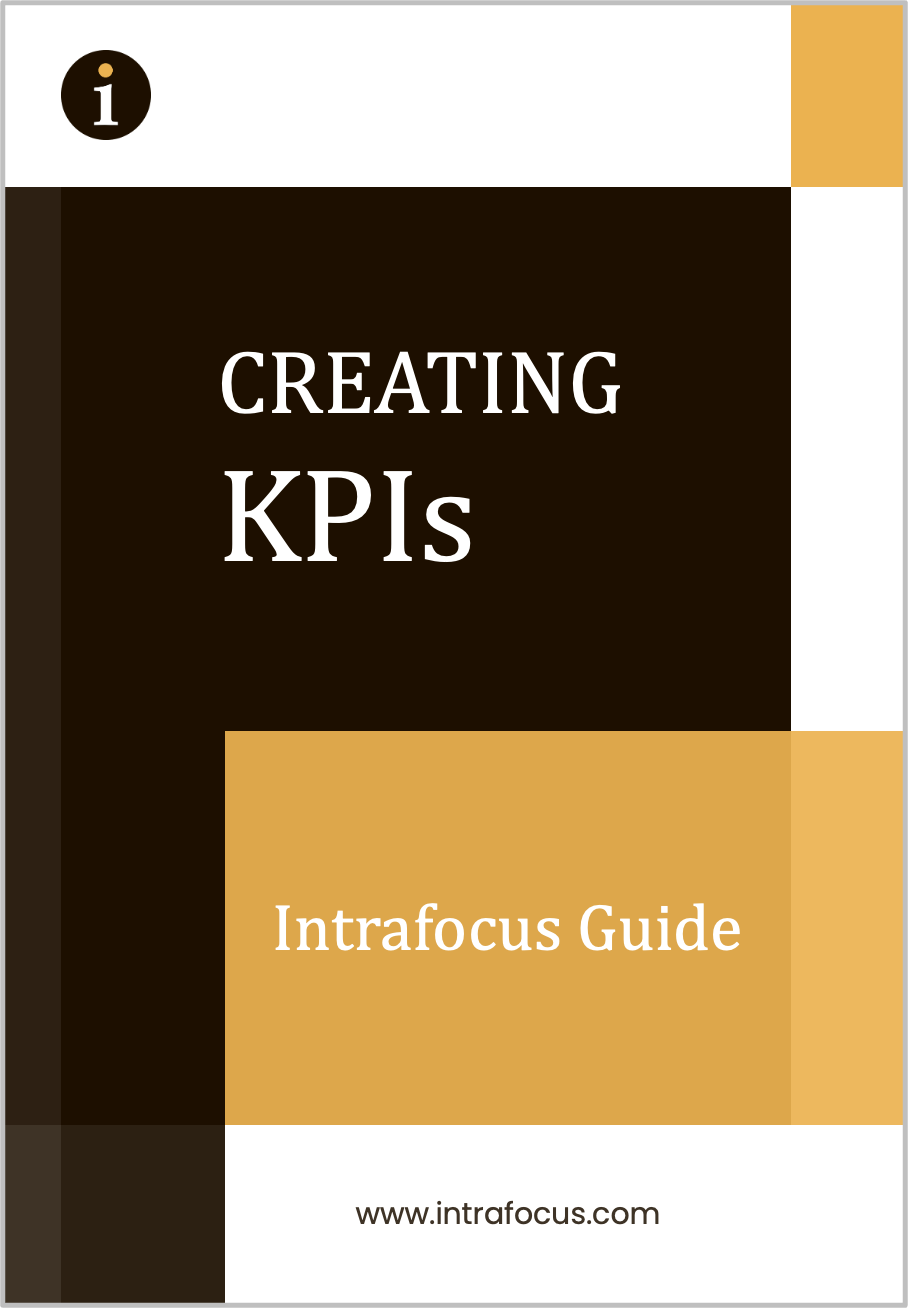What about Artificial Intelligence?
While most of us puzzle over our smartphone’s latest features, the tech industry is forging ahead with huge leaps in artificial intelligence. No longer a sci-fi dream for the future. Estimates suggest that by 2030 Artificial Intelligence could ramp up global GDP by a whopping 14% – generating over £12 trillion in the process.
Certainly, the opportunities for artificial intelligence are vast. Already, robotics are transforming industries as diverse as shipping and pharmaceuticals, allowing businesses to work faster, smarter and safer. AI software is revolutionising data analysis and giving consumers the immediate and 24/7 service that they want through machine learning ‘bots’. The potential to transform our world seems limitless.
Ethical Ai
But for every dizzying benefit in this brave new tech-driven world, there is a matched concern over the risks that artificial intelligence brings. Such as citizen protection and the explosion in cybercrime.
Governments are keen to show their forward-thinking approach to analysing the potential for artificial investment and for investing in its rich potential. More than 20 countries across the world – including the UK – have formulated AI strategies. The World Economic Forum is just one of several organisations creating committees and partnerships designed to forge ahead on initiatives. Organisations such as the Institute of Electrical and Electronics Engineers are already thinking about issues such as ‘ethical AI’ in electrical design.
The broader issues
The development of artificial intelligence applications is inevitable and welcome. But the questions of data privacy, national security, ethics, transparency and societal good must also be considered. For example, AI could be used to benefit the environment by deploying cleaner energy generation and storage technologies that replace fossil fuels and batteries.
However, AI could also be used to replace human jobs – a hotly debated topic – and leave entire swathes of the population without paid employment. For policymakers, questions then arise about alternatives for displaced workers. Proposed solutions include a ‘basic wage’ for all. Funded by the robotic revolution. This would allow displaced workers to turn their talents and energies to other projects, volunteering, entrepreneurship and so forth to further benefit society.
Broader governance is also a key topic. AI truly represents a paradigm shift and is being hailed as the new industrial revolution. With the potential to truly disrupt business, society and the environment, governments must be ready to govern it – and across global borders.
Is Artificial Intelligence going to be important to my strategy anytime soon?
In short, yes. Business leaders must understand the ways in which AI now can help to shape their business and impact on their deliverables. PriceWaterhouseCoopers found in its 22nd Global CEO survey that 85% of CEOs believe that artificial intelligence will change their business meaningfully in the coming five years. The vast majority of those CEOs believe that the benefits of AI will outweigh the negatives.
Focus areas for business leaders
So what sorts of things should you, as a business leader, be thinking about and doing now? Topics will include:
- Data protection and AI, with AI algorithms building in new system complexities. For example, today’s algorithms can offer personalised user experiences by gathering up more data. But this also leads to risk with confidentiality, security policies and sophisticated hacking techniques.
- Organisational bias – with machine learning that uses historical data to make data predictions. Even factual data can create biased outcomes by focusing on what came before. Questions about this retrospective viewpoint and topics such as diversity must be considered. How can you create a more diverse organisation if your machine learning software pumps out decisions based on a historical viewpoint?
- Talent management – while governments work out how to re-skill populations whose jobs are becoming automated (for example, Finland’s government is developing AI training programmes for its population), businesses must also start to think about where they can recruit cutting-edge AI talent to take their organisations further. Expect to see entirely new jobs such as Data Ethicists appearing and becoming common-place.
- Efficiency, safety and operations: Japan is forging ahead with robotics regulation, development and adoption to compete against China and the US. How is your industry moving ahead with regards to AI investment? Is your business thinking about its own strategic moves here, or does it risk falling behind?
In conclusion, yes – every business leader must think about Artificial Intelligence. From the immediate implications of customer data protection within GDPR through to the potential for investment in robotics. Including smart systems that will operate a better business in the coming years, the big questions must be considered now.
AI must be viewed in a balanced way that plots its benefits against the potential challenges, e.g:
- The need for tech innovation against the challenge of its regulation
- The role of individuals within organisations against the benefits of robotics (for example)
- The benefits of system transparency and intelligence against the risks of data protection breaches and hacking.
Actions for business leaders to take now:
- Begin to immerse yourself in the topic of AI and the potential impacts on your industry and competitive landscape. What are other businesses in your industry doing? What could you be doing? Remember, your strategy may not need to change – but AI could offer you better tools to help deliver it.
- If your industry is regulated, see what your regulator is offering in terms of support, networking, tools and so forth. E.g. the Financial Conduct Authority is looking to create a regulatory sandbox for fintech innovation.
- Contact your local business growth hub to identify industry tech clusters, talent hubs, academic projects, commercial enterprises, conferences and so forth – all to support your organisational learning.
- Seek to understand how your business can support government policy shaping in this area by joining policy working groups on AI education, skills and governance.
- Find out more
The team at Intrafocus are here to help your organisation with a strategy workshop. We do not have all the AI answers but we can help in the process of incorporating key considerations of AI and its future within your business.


